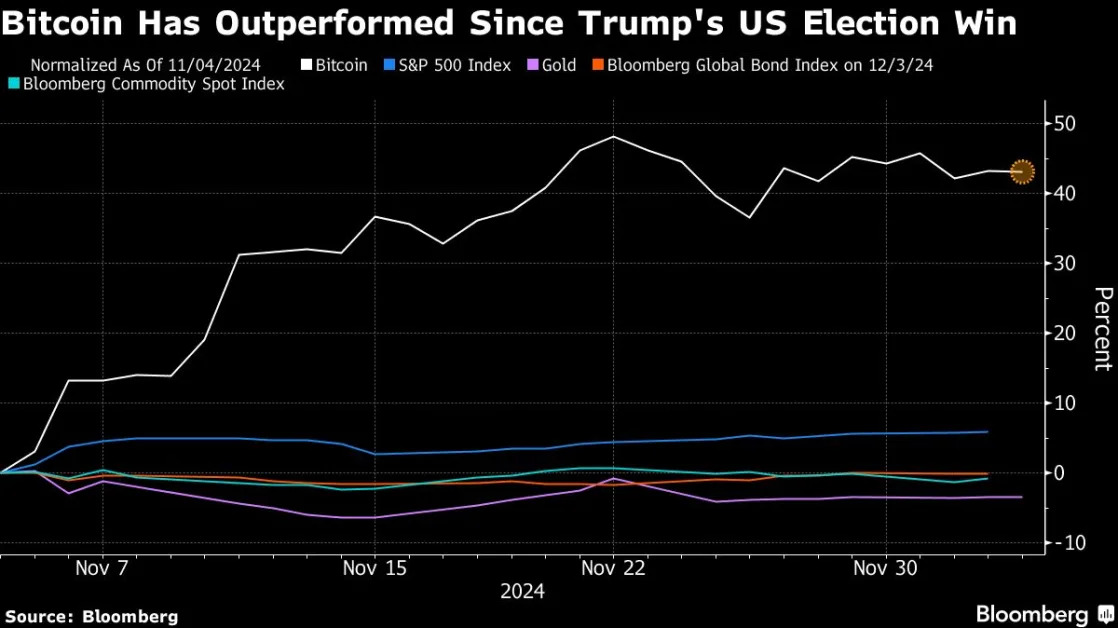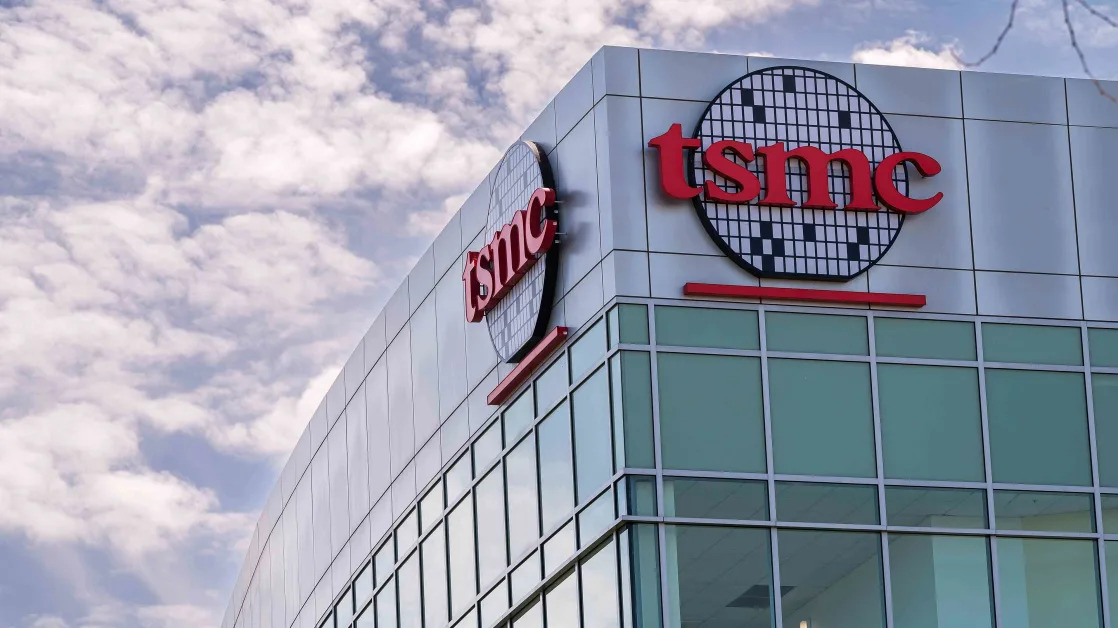AbbVie’s stock price fell over 12% after emraclidine, an investigational anti-psychotic being evaluated for the treatment of schizophrenia, failed to meet its primary endpoints in the company’s Phase II programme.
The pharma giant was evaluating the candidate in two randomised, double-blind, placebo-controlled Phase II trials, EMPOWER-1 (NCT05227690) and EMPOWER-2 (NCT05227703). Yesterday (11 November,) the company announced that emraclidine failed to meet the primary endpoint of reduction on the Positive and Negative Syndrome Scale (PANSS) total score in either trial.
AbbVie obtained emraclidine, a potential novel M4-selective positive allosteric modulator (PAM), originally commercialised by Cerevel Therapeutics, as part of an $8.7bn acquisition of the Massachusetts-based biotech in August 2024.
The Phase II trials enrolled a cumulative total of 372 patients to evaluate multiple dosing levels of emraclidine (10mg or 30mg in EMPOWER-1 and 15mg and 30mg in EMPOWER-2) as a once-daily, oral monotherapy to gauge its optimum therapeutic dose range in schizophrenia patients experiencing an acute elevation of psychotic symptoms.
In the EMPOWER-1 study, the PANNS scores were -14.7 (10mg) and -16 points (30mg) versus -13.5 in the placebo arm. In EMPOWER-2, the PANNS scores were -18.5mb (15mg) and -14.2 (30mg) versus the placebo arm at -16.1.
Commenting on the trial outcomes, AbbVie’s executive vice president of research and development and chief scientific officer Roopal Thakkar said: “While we are disappointed with the results, we are continuing to analyse the data to determine next steps.
“We are confident that our innovative pipeline will continue to bring meaningful therapies to patients, and we remain committed to finding better treatments for people living with psychiatric and neurological disorders.”
Advantage, Bristol Myers Squibb?
Mirroring AbbVie’s Cerevel acquisition, Bristol Myers Squibb (BMS) has tread a similar path over the past year with the signing of a definitive $14bn acquisition agreement for Karuna Therapeutics in December 2023.
The acquisition gave BMS control of Karuna’s lead asset, KarXT (xanomeline-trospium), an antipsychotic with a novel mechanism of action (MoA) and differentiated efficacy and safety.
In contrast to AbbVie’s woes, KarXT appears to be flourishing, with Zai Lab recently presenting data from a Phase III schizophrenia trial showing that KarXT met its primary endpoint, with a significant 9.2-point reduction in the PANSS total score, compared to a placebo, at week five.
Following AbbVie’s announcement, as its stock price fell, BMS’s rose by over 11%.
According to GlobalData’s expiry model, KarXT is forecast to reach an annual total of $2.81bn in the US by 2033.
Karuna’s New Drug Application (NDA) for KarXT for the treatment of schizophrenia in adults was accepted for review by the US Food and Drug Administration (FDA).
"AbbVie’s stock plummets over 12% after schizophrenia drug flops in Phase II trials" was originally created and published by Clinical Trials Arena , a GlobalData owned brand.
The information on this site has been included in good faith for general informational purposes only. It is not intended to amount to advice on which you should rely, and we give no representation, warranty or guarantee, whether express or implied as to its accuracy or completeness. You must obtain professional or specialist advice before taking, or refraining from, any action on the basis of the content on our site.





